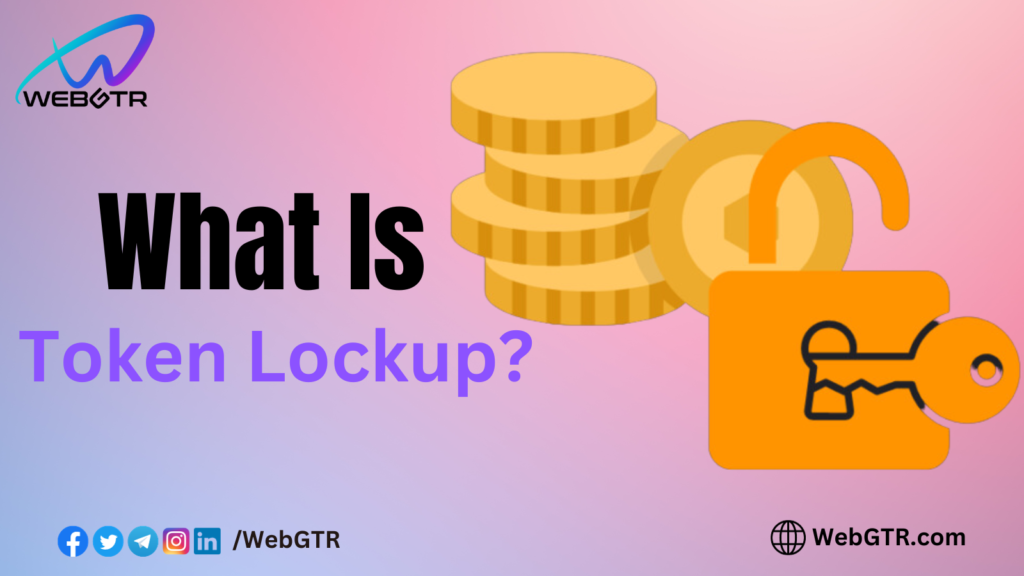
The term “token lockup” refers to a specific duration during which cryptocurrency tokens are restricted from being transacted or traded. Typically, these lockup periods serve as a strategic measure to ensure the enduring stability of a particular asset.
Token lockups serve several crucial purposes. Firstly, they deter holders with substantial token holdings from flooding the market with their assets all at once, a scenario that could trigger rapid and significant price declines.
One common occurrence is the massive sell-offs observed immediately after Initial Coin Offerings (ICOs), where early investors or even the project’s own team may hastily liquidate their holdings upon the token’s market debut. This often results in drastic price plunges, creating instability and discouraging potential participants.
Token lockups, sometimes referred to as vesting periods, mitigate such risks. These lockup periods are typically established, often spanning one or two years following a cryptocurrency’s launch.
For instance, consider a scenario where a startup introduces a cryptocurrency via an ICO. In this case, the team might enforce a two-year lockup period, ensuring that team members cannot access their tokens until this timeframe expires.
This approach instills confidence in the project and its team, as it underscores their commitment to long-term success, rather than being driven solely by immediate market fluctuations. By aligning incentives and encouraging sustained effort, token lockups contribute to a healthier and more stable cryptocurrency ecosystem.
Looking for Blockchain Development, NFTs, Website Design, Token Creation, or Other services? Reach out to us at WebGTR. Let’s discuss and bring your vision to life.


Leave a Reply